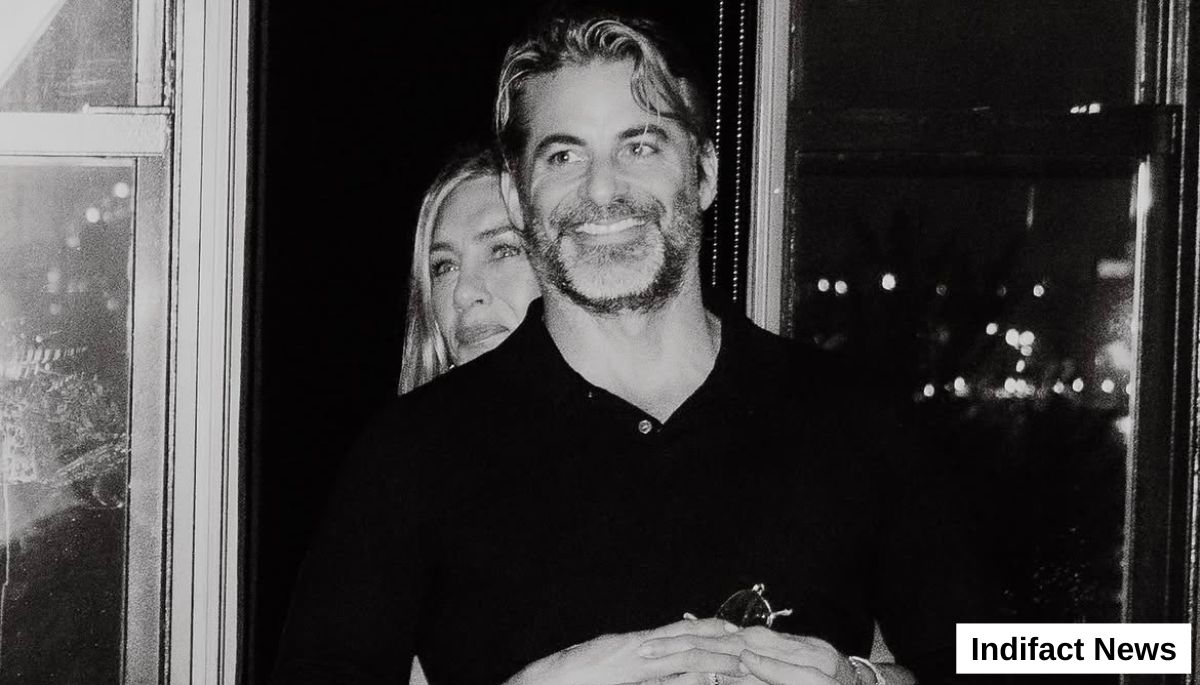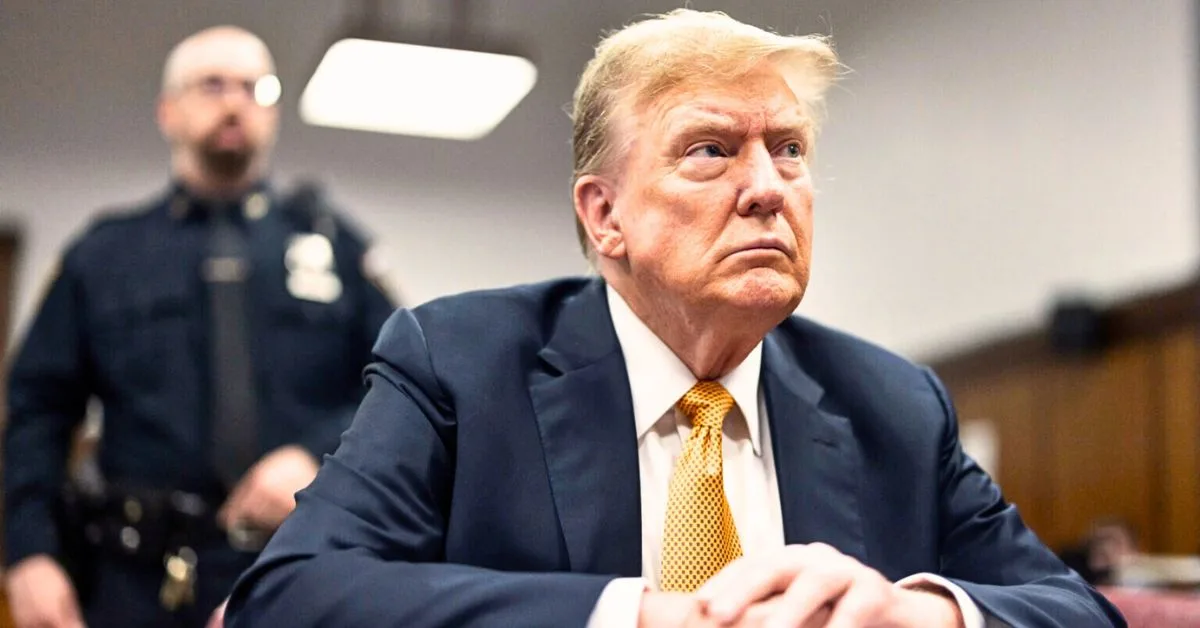Following Harvard University’s statement that it will formally evaluate his prior connections with Jeffrey Epstein, former Harvard President Lawrence H. Summers has abruptly and dramatically resigned from his teaching position. Confirmed late on Wednesday, the decision represents one of the University’s most prominent actions as it continues to address lingering concerns about its past connections to the disgraced financier.
The decision sent shockwaves through the Harvard community, igniting heated debates among alumni, instructors, and students. Many interpret the action as Harvard’s attempt to show openness and disassociate itself from any unresolved institutional ties.

Harvard Opens a Formal Inquiry What Led to This Moment?
The decision to put Summers on immediate leave from his teaching position is part of a larger institutional examination of how different Harvard affiliates interacted with Epstein in a professional or charitable capacity over a number of decades, according to remarks made by university authorities.
In order to ensure that “all past interactions involving Epstein are fully examined and responsibly addressed,” university representatives emphasized that this review does not amount to a disciplinary action.
Summers, who was president from 2001 to 2006 before returning as a professor and institute fellow, has admitted to having previously communicated with Epstein, but he has insisted that these exchanges were brief and purely professional.
Still, renewed review reflects rising pressure from lawmakers, media scrutiny, and advocacy groups calling for institutions to confront their past relationships with Epstein more openly.
Summers’ Response Cooperation, Clarity, and Distance
Summers stressed his support for “transparency and institutional accountability” and promised to fully comply with the University’s procedure in a brief statement.
He stated that taking a brief leave of absence from teaching will help “avoid distraction” while Harvard carries out its more comprehensive inquiry, adding that he is still certain the investigation will make clear the narrow extent of his interactions.
The action, according to Summers’ supporters, is a proactive measure to keep the campus free of rumors while the investigation is underway.

Why This Matters Harvard’s Reckoning With Its Past
Has previously come under fire for its past ties to Epstein. Despite being found guilty of sexual misconduct years prior, Epstein gave to the university and socialized with a number of faculty members, according to past investigations.
However, institutions are being forced to review old documents, preserved records, and internal communications due to the enhanced public focus, which has been heightened by national discussions about accountability and transparency.
Summers’ brief departure is symbolic for. If the names of even the most well-known academics are mentioned in relation to previous exchanges that are being examined, it indicates a readiness to examine them closely.
A senior faculty member described this moment as “a reckoning that’s long overdue,” adding that the University must “earn back trust through openness, not silence.”
Student Reactions Shock, Concern, and Demands for Answers
Reactions were quick and diverse on campus. Considering Summers’ lengthy tenure at the university, some students expressed surprise. Others expressed their lack of surprise, contending that Harvard ought to apply the same level of scrutiny to all affiliates, both past and present.
The University has been advised by student organizations that support victim advocacy to make as much information available as feasible without violating the law.
“If Harvard is serious about transparency, this can’t be the end this has to be the beginning,” stated one student leader.

What Happens Next? A Transparent Process Or More Questions?
Harvard has not disclosed a fixed timeline for completing the review.
However, officials emphasized three things:
- The review will be comprehensive.
- It will examine all relevant records and correspondence.
- Findings will be shared appropriately with the community.
Legal experts note that institutional reviews often take months, especially when they involve historical archives and communications from multiple administrations.
For now, Summers remains off the teaching roster but continues other academic responsibilities pending the review’s conclusions.
A Defining Moment for Harvard
A previous Harvard president‘s brief departure is uncommon and demonstrates how seriously the university is taking this investigation. The results of this investigation might influence campus governance and accountability norms for years to come as Harvard attempts to regain the public’s trust and move past a difficult period.
One thing is certain: the academic community is keeping a careful eye on this tale, which is far from over.



